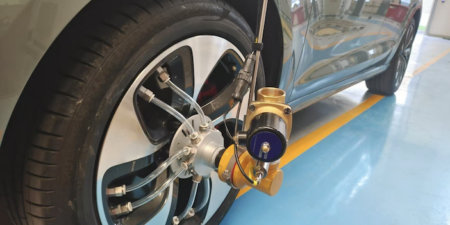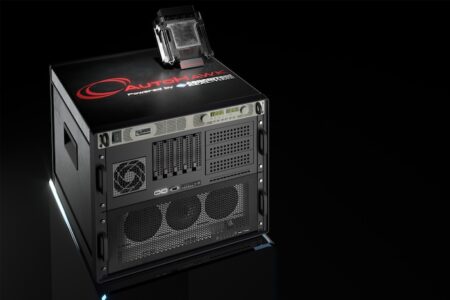Following an extensive research effort, that saw UK insurers reduce insurance premiums for motorists using cars fitted with collision avoidance technology, Thatcham Research has become a world leader in the development of autonomous emergency brake (AEB) systems.
The research centre, based in Berkshire, UK, has devised new standards for test procedures and equipment as car manufacturers introduce AEB systems into their products. The work has already been recognized by Euro NCAP, and has helped ‘enhance the star ratings’ that are to be introduced in 2014.
The company is also acting as a consultant for the insurance industry, as well as for NCAP organizations in the USA, Asia, Australia and New Zealand. Thatcham’s involvement with developing AEB test procedures and equipment began with a research study by the Insurance Institute for Highway Safety in the USA which revealed that Volvo XC60s fitted with the City Safety system exhibited a 27 per cent reduction in third party crash rates. “This study and other international evidence identified AEBs massive potential to avoid accidents, or mitigate their seriousness,” added Shaw. “It was clearly in everyone’s interests to encourage its widespread adoption.”
An international AEB Test Group was formed made up of leading insurance research centres, vehicle manufacturers and Tier 1 component suppliers. Work began by commissioning Loughborough University to undertake a unique in-depth study of real world crashes and their causation factors to formulate realistic test scenarios that drive AEB systems suitable for Euro NCAP and insurers.
“Vehicle manufacturers don’t want too many different tests; ideally, they would like one harmonized standard that is accepted worldwide,” explained Peter Shaw, chief executive of Thatcham Research. “We understand this and this philosophy guided the research effort and our work with international agencies.”




